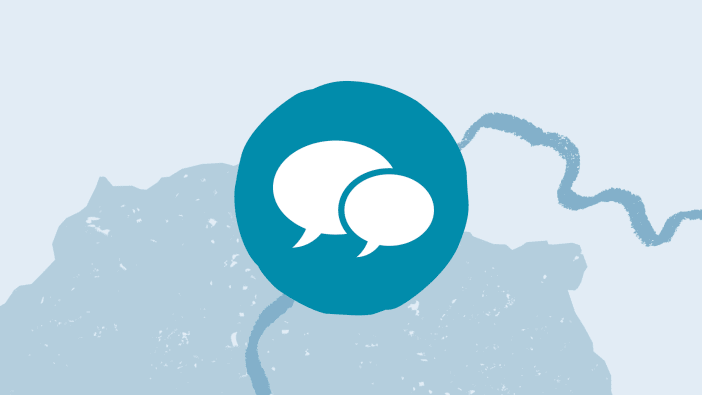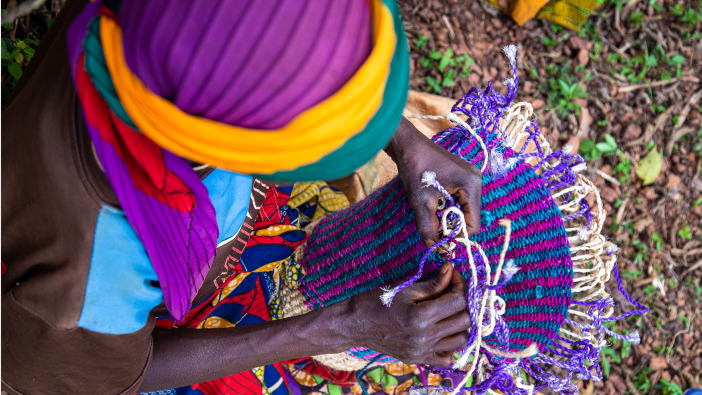Women at wells.
Every day hundreds of millions of women draw water from wells for their family’s needs. This water does not come easily. Some women pump water from bore wells, some draw water from ancient wells by hand and some in dry areas must dig their own wells in dry riverbeds and wait several hours for enough water to collect. This water is precious. It is life giving and life sustaining. The women who collect this water are the poorest of the poor. Oppressed, exploited, often illiterate and in poor health, these women work hard to look after their families and communities. What hope does Jesus offer these women?
Read John 4:1–30, the story of Jesus and the Samaritan woman.
This woman is like many poor women today. She is utterly broken, full of guilt and rejected by her own people. How does Jesus relate to her? He doesn’t condemn her as others do, but meets her in her need and gives life.
Jesus begins by speaking with her, out of his own need of thirst. The woman is shocked that a Jewish man is not only talking to her, but also asking for her help. In this simple act of asking for water, Jesus challenges many of the social customs of his day. In his humble request for water, Jesus shows that he regards the woman as someone created and loved by God – not a social outcast. As Jesus shares his hope of living water, the woman’s response is overwhelming.
Read John 4:39–42.
These four verses are often forgotten when we read this story. As a result of Jesus’ meeting with the woman at the well, many Samaritans came to believe in Jesus.
We need to take Jesus as our model. Our motivation must be love – a love that overcomes social, cultural and religious barriers. We need to see those on the margins of society, those who are oppressed and exploited, as God does. We need to see God’s image in poor rural women, widows, outcasts.
This may be seen as ‘unacceptable’ behaviour by those around us. Family, community, church and government may oppose us and challenge our actions. Our closest friends may create trouble. In verse 27 even Jesus’ own disciples were ‘astonished’ to find him speaking with the woman.
When we understand the ways in which we are part of oppressive social structures, we then realise our need to change. We need to change our attitudes and behaviour. Our God is a God of liberation – a God who wants to free us, both men and women, from the ties of injustice and oppression that bind us, so that we can be his people in the world. We need to take Jesus as our model and pray for the coming of the Kingdom of God.
by Elizabeth Hill. First published in Drishtikone Magazine, EFICOR, New Delhi, India.








